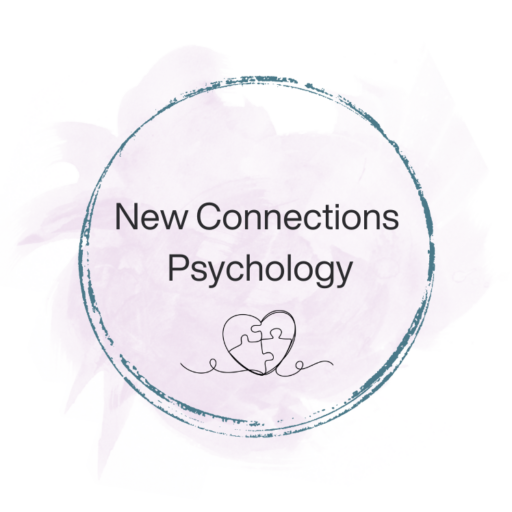Introduction
Anger is a common and natural emotion that everyone experiences at some point in their lives. However, when anger becomes frequent, intense, or uncontrollable, it can have serious implications for mental health. Understanding the link between anger and mental health is crucial for effective emotional management and overall well-being.
The Nature of Anger
Anger is a basic human emotion that is typically triggered by a perceived threat or injustice. It is a response that has evolved over time to protect us from danger. In many cases, anger can be a healthy emotion that prompts us to make necessary changes in our lives or to stand up for ourselves in the face of wrongdoing. However, problems arise when anger is mismanaged, excessive, or suppressed.
Anger and Mental Health Disorders
Excessive or poorly managed anger is often associated with mental health disorders. For instance, it can be a predominant feature in depression, anxiety disorders, and particularly in personality disorders like borderline personality disorder. In these cases, anger might not be the root cause of the disorder, but it often exacerbates the symptoms and complicates treatment.
Depression
Contrary to the common perception of depression as a state of persistent sadness, many individuals with depression experience intense anger. This anger can be directed inward, leading to self-criticism and self-destructive behavior, or outward, causing interpersonal conflicts.
Anxiety Disorders
Anxiety disorders can also have a significant connection with anger. People with anxiety may feel overwhelmed or threatened by their worries, leading to irritability and anger. This can create a cycle where anger worsens the anxiety, which in turn feeds back into the anger.
Personality Disorders
In personality disorders, particularly borderline personality disorder, anger can be rapid and intense. These emotional outbursts can be damaging to relationships and can hinder an individual’s ability to maintain a stable life.
The Physical and Psychological Impacts of Anger
Chronic anger can have numerous physical and psychological impacts. Physically, it can lead to increased stress, high blood pressure, and a weakened immune system. Psychologically, it can result in a persistent state of frustration and dissatisfaction and can even lead to more severe mental health issues.
The Role of Anger in Stress and Coping
Anger can both be a result of stress and a contributing factor to it. In some cases, it can be a natural response to stressful situations. However, when anger becomes the default way of coping with stress, it can create additional problems, both mentally and physically.
Managing Anger for Better Mental Health
Effective anger management is vital for maintaining good mental health. This can include techniques such as:
– Identifying triggers: Understanding what triggers anger can help in developing strategies to cope.
– Relaxation techniques: Practices like deep breathing, meditation, or yoga can help calm the mind and reduce anger.
– Cognitive-behavioral therapy (CBT): CBT can be particularly effective in changing the thought patterns that lead to anger.
-Emotion-focused therapy (EFT): EFT can assist individuals to gain clarity about the root causes of their anger and develop healthier ways to express and manage it.
The Role of Therapy in Managing Anger
Therapy plays a crucial role in managing anger and improving mental health. A therapist can help individuals understand the root causes of their anger, develop coping strategies, and work through any underlying issues that may be contributing to the anger. Different types of therapy, such as cognitive-behavioral therapy, dialectical behavior therapy, or anger management therapy, can be tailored to the individual’s needs.
Therapy can also address any co-occurring mental health disorders, such as anxiety or depression, which can be intertwined with issues of anger. By addressing these underlying conditions, therapy can lead to a more comprehensive and effective management of anger.
Conclusion
In conclusion, anger is a complex emotion that, when mismanaged, can have significant implications for mental health. Understanding the link between anger and mental health is crucial for effective management and overall well-being. Through a combination of self-help strategies and professional therapy, individuals can learn to manage their anger effectively, leading to improved mental health and quality of life.

